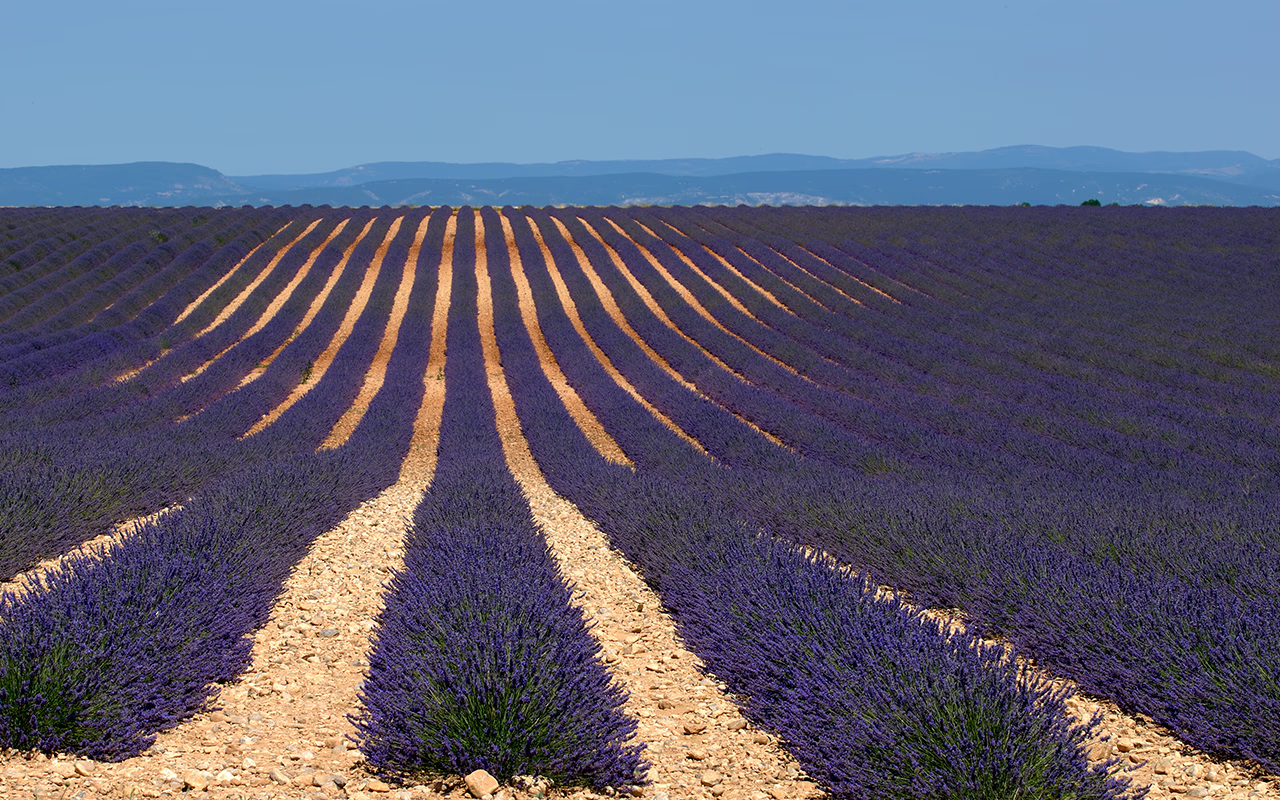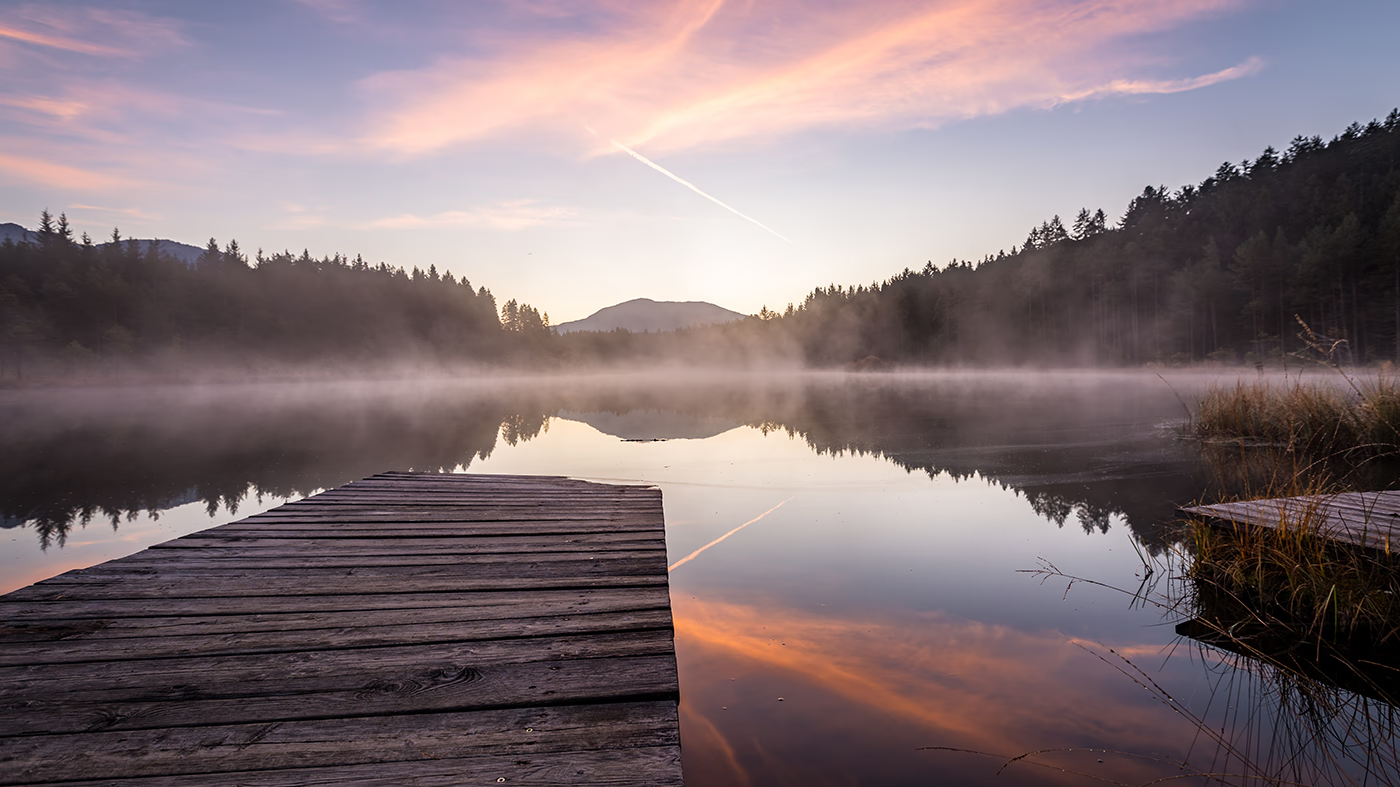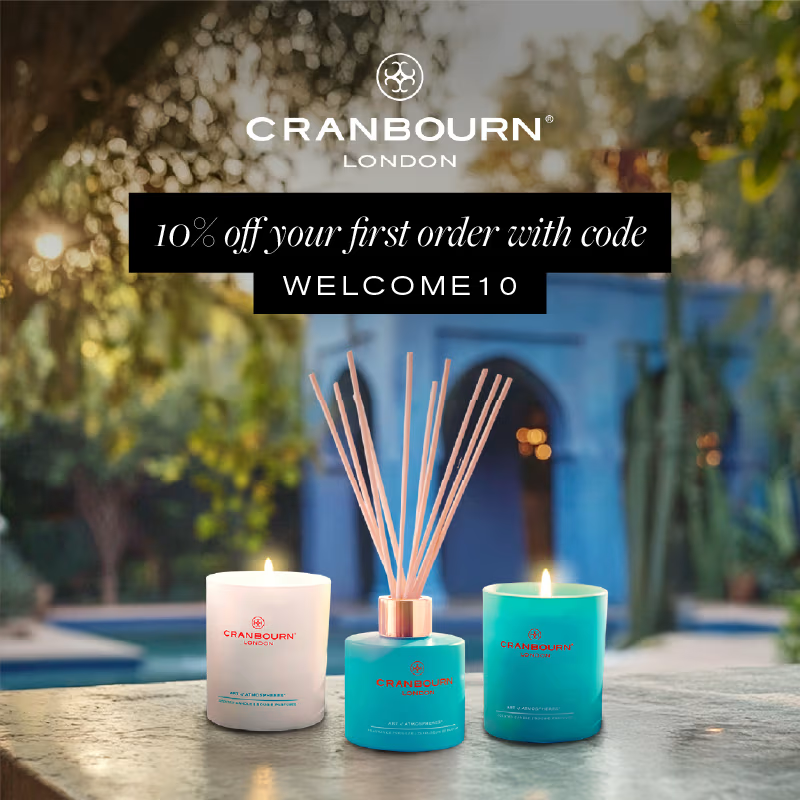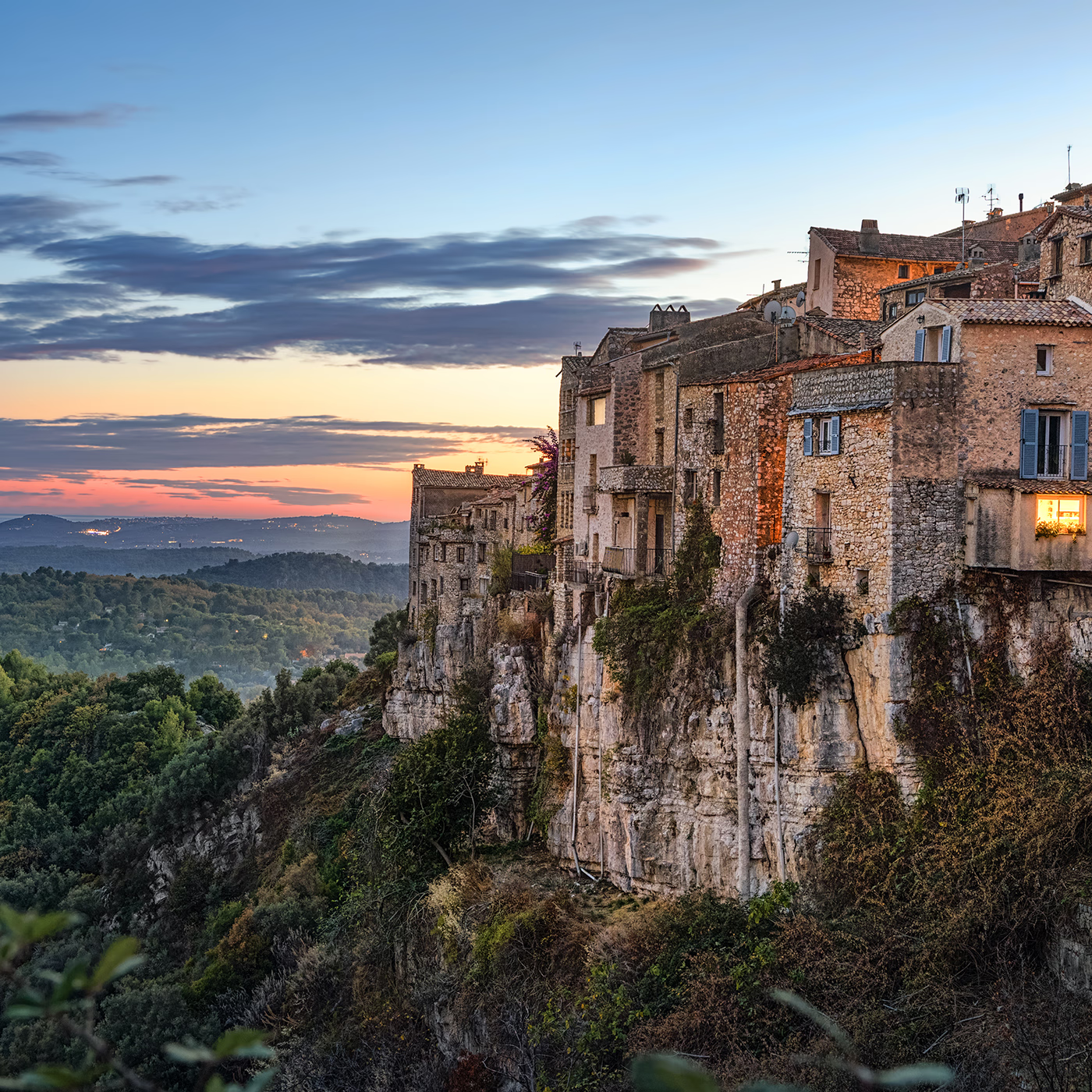
Il viaggio verso la fragranza moderna
Il nostro amore per l'arte della profumeria è profondo, quindi abbiamo pensato di riportarlo all'inizio del lungo e tortuoso viaggio verso la fragranza moderna di antiche spezierie e culture.
Un profumo è una sostanza, un estratto o un preparato che conferisce un odore gradevole. La parola profumo deriva dal verbo latino profumo – che significa 'fumare attraverso'.
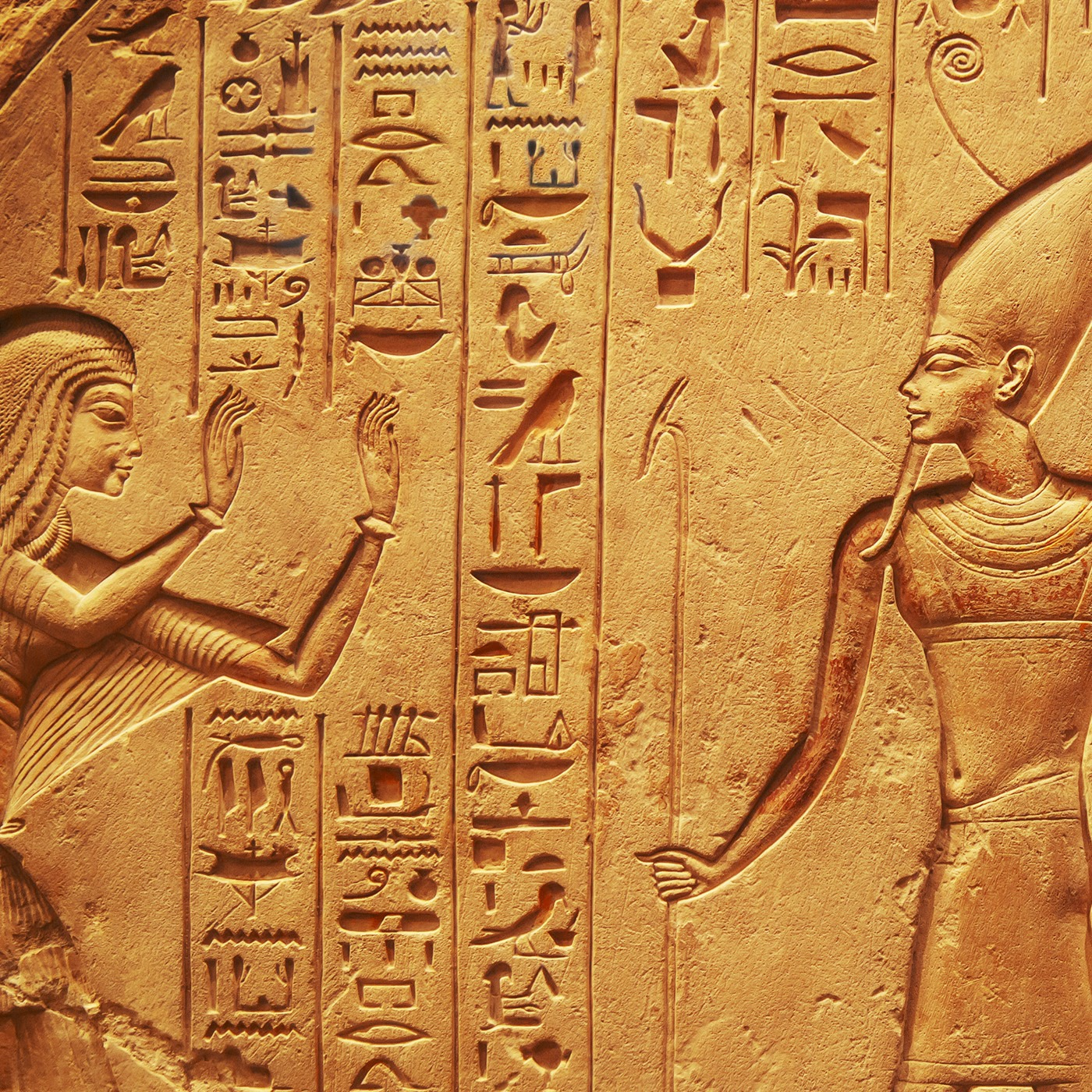
Antiche civiltà e speziali
L'arte della creazione di profumi ha avuto origine nell'antico Egitto, in Mesopotamia, nella valle dell'Indo e in Cina. Fu successivamente perfezionata dai Romani e dai primi farmacisti arabi e persiani, che svilupparono la tecnica della distillazione e della sospensione in alcool delle essenze solitamente derivate dai botanici.
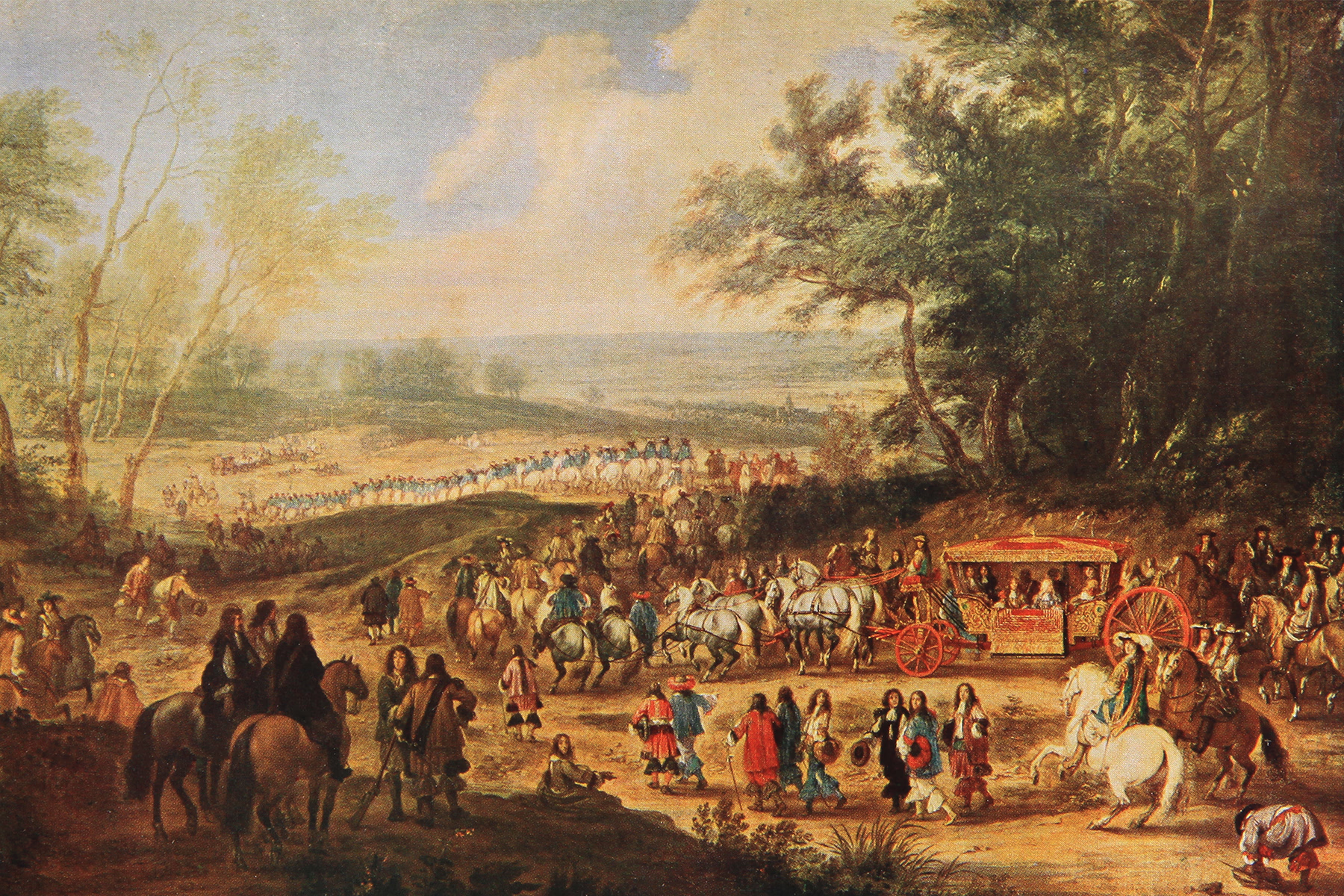
L'Europa medievale, Il profumiere e il farmacista
Questa conoscenza fu successivamente portata nell'Europa medievale e la produzione di profumi presto prosperò tra le corti reali, specialmente più tardi nella Francia del XVII secolo sotto Luigi XIV e in Inghilterra e in Italia. Gli oli profumati venivano usati anche per la cura e il benessere, il che significava che le professioni di profumiere e farmacista o farmacista divennero presto strettamente intrecciate.
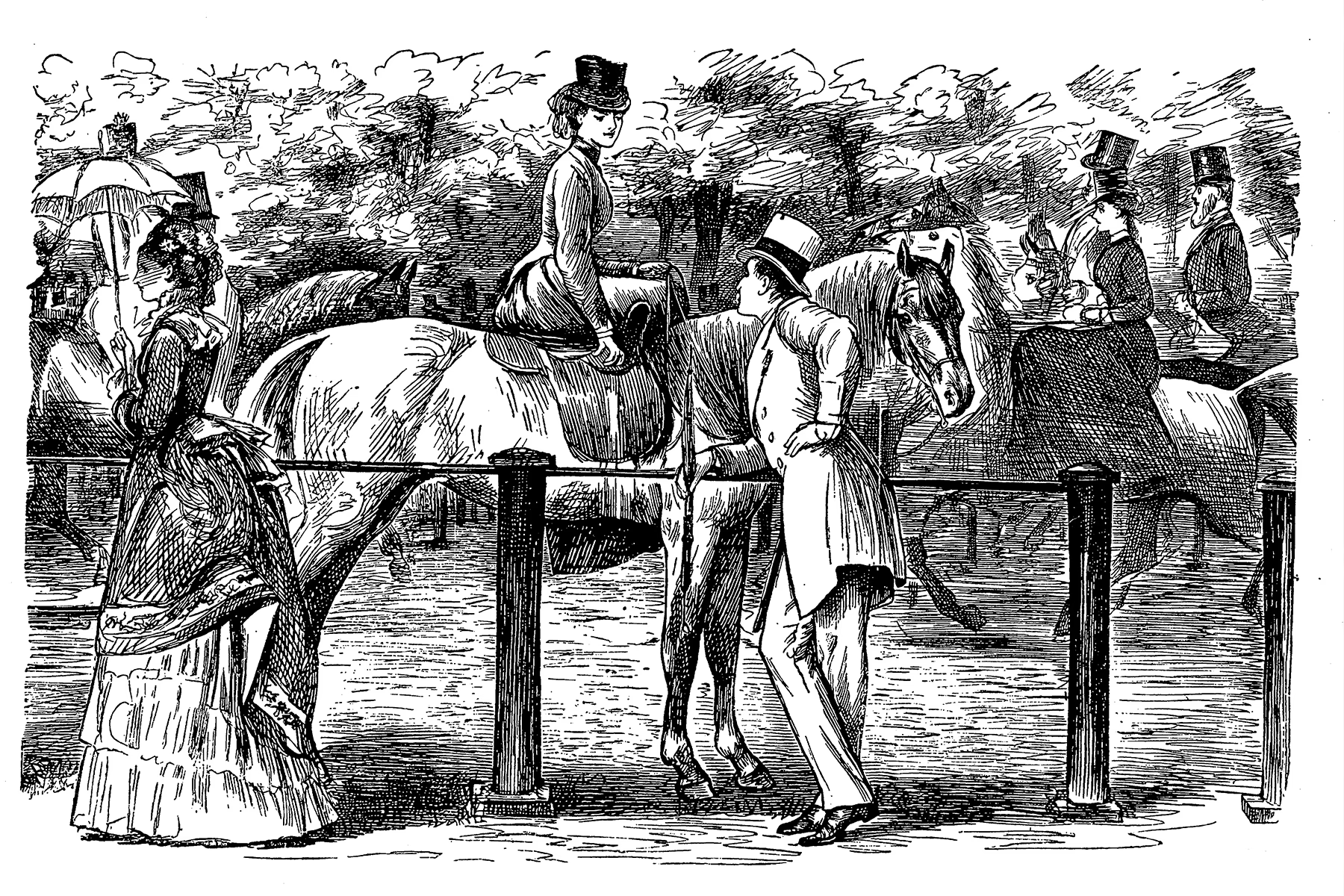
Mascherare l'odore
Stranamente, è stata l'industria europea della pelle ad accelerare lo sviluppo della profumeria. La produzione di cuoio nel XVII e XVIII secolo utilizzava processi marci dall'odore sgradevole durante la concia, il che significava che i prodotti in pelle trasmettevano odori sgradevoli a tutti coloro che li utilizzavano. I consumatori della nobiltà europea e dell'alta società richiedevano che i loro prodotti in pelle avessero un odore gradevole. I guantai in pelle, noti come "gantiers-parfumeurs", raccolsero la sfida in città come Grasse in Provenza, famosa per la coltivazione di prodotti botanici, in particolare fiori utilizzati per produrre oli essenziali.
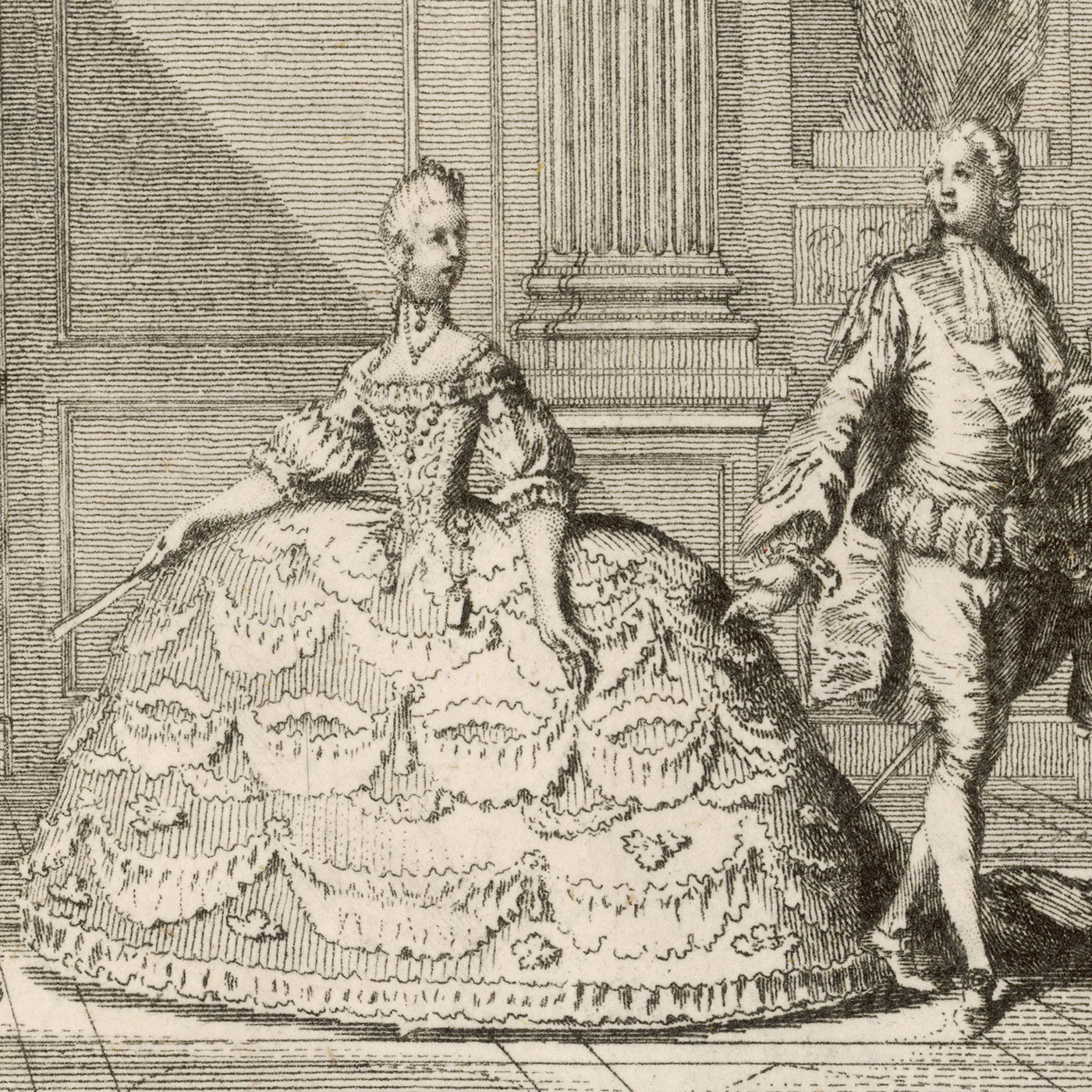
L'amore di Maria Antonietta per il profumo
Nel XVIII secolo, l'amore di Maria Antonietta per i profumi era ben documentato. I suoi profumi sono stati preparati dal principale maestro profumiere Jean-Louis Fargeon, con il quale ha avuto un rapporto incredibilmente stretto. Fargeon creerebbe una varietà di fragranze per soddisfare le sue diverse circostanze ed esigenze, arrivando persino a creare fragranze per profumare l'acqua del suo bagno. Il suo amore profondamente radicato per le fragranze alla fine l'ha delusa: si diceva che fosse riconosciuta come reale solo quando ha tentato di fuggire da Varennes a causa del suo profumo Houbigant unico.
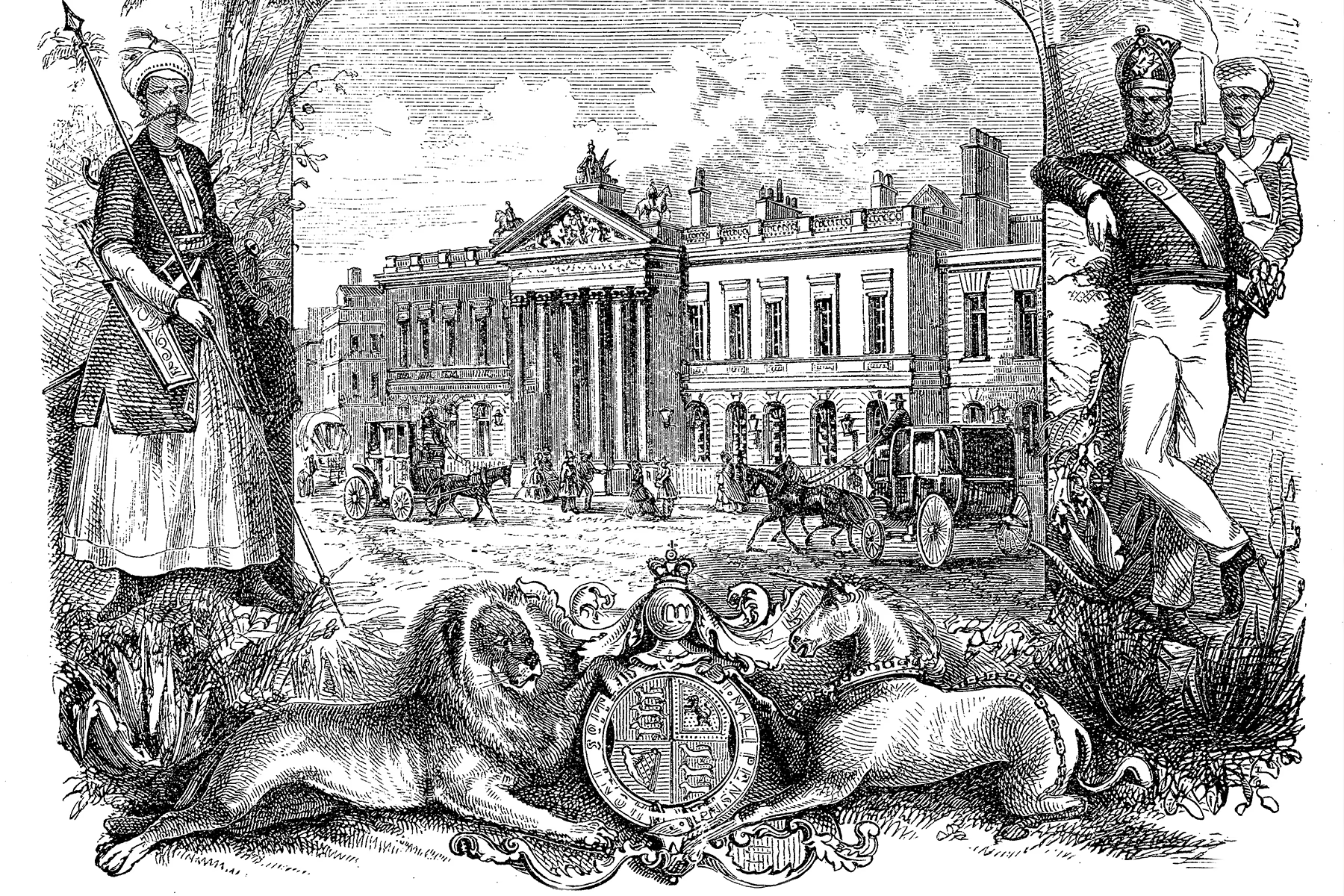
L'ascesa dell'industria dei profumi in Gran Bretagna
Tra la fine del XVIII e il XIX secolo, la Rivoluzione francese e la guerra in Europa portarono la Gran Bretagna a commercializzare e produrre fragranze europee. La Gran Bretagna ha assistito a una rapida industrializzazione e progressi tecnologici, creando una società dei consumi fiorente e sempre più ricca rispetto ai suoi immediati vicini dell'epoca. Con le sue rotte commerciali globali e organizzazioni come la East India Company, l'impero britannico ha portato diverse spezie e ingredienti esotici a profumieri e consumatori sempre più esigenti. Nasce il mondo moderno del profumo.
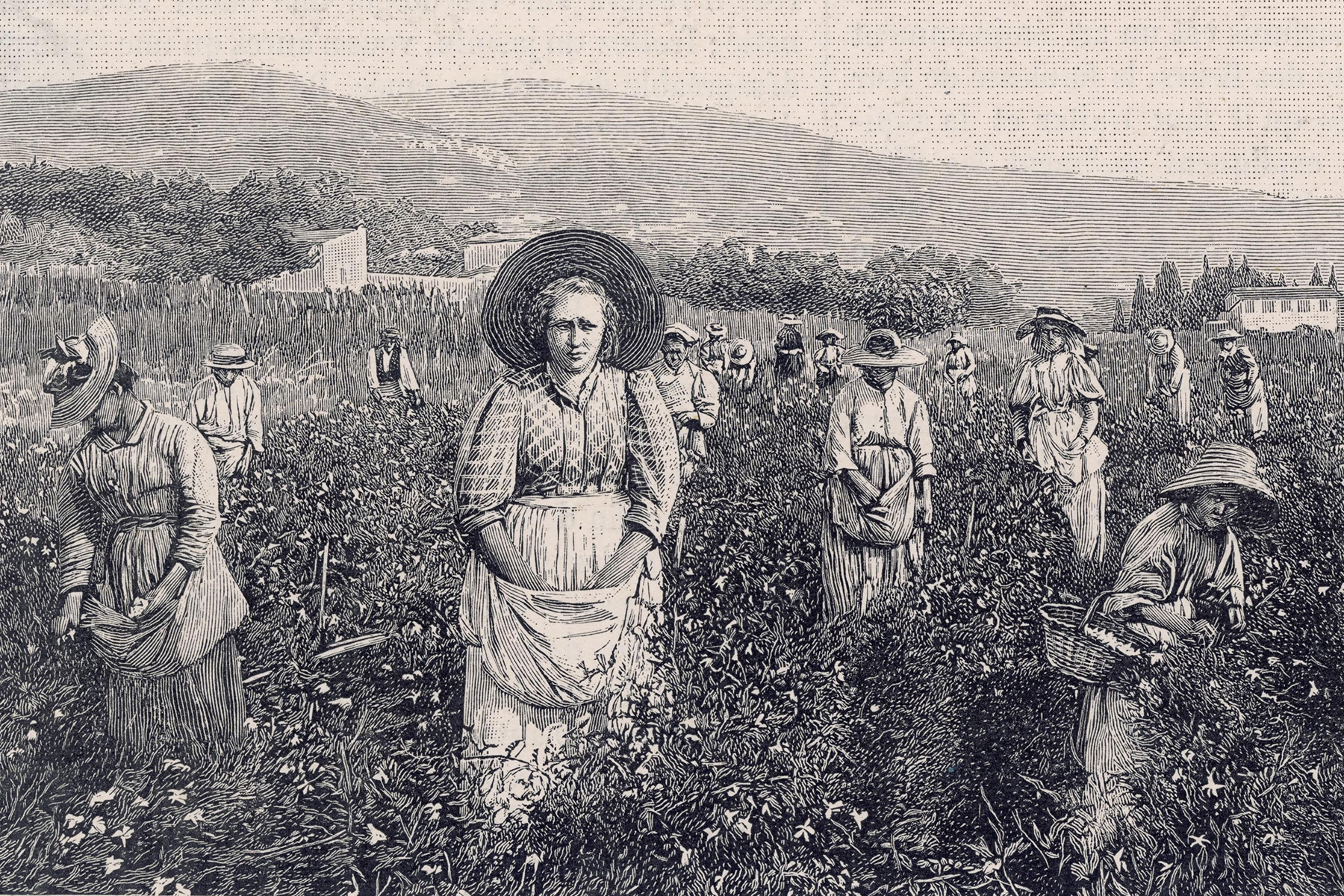
Unendo natura e scienza
I profumi sono solitamente prodotti da prodotti botanici: una miscela di materiali vegetali profumati. Gli oli essenziali vengono estratti da diverse parti di piante, fiori, semi e corteccia. Tuttavia, molte cose sono cambiate dagli albori della profumeria. I progressi scientifici hanno permesso di produrre sinteticamente molti di questi composti di derivazione naturale. La profumeria moderna che conosciamo oggi iniziò alla fine del XIX secolo con la sintesi commerciale di composti aromatici come la vanillina o la cumarina. Ciò ha portato alla creazione di profumi con aromi precedentemente irraggiungibili esclusivamente da fonti naturali.
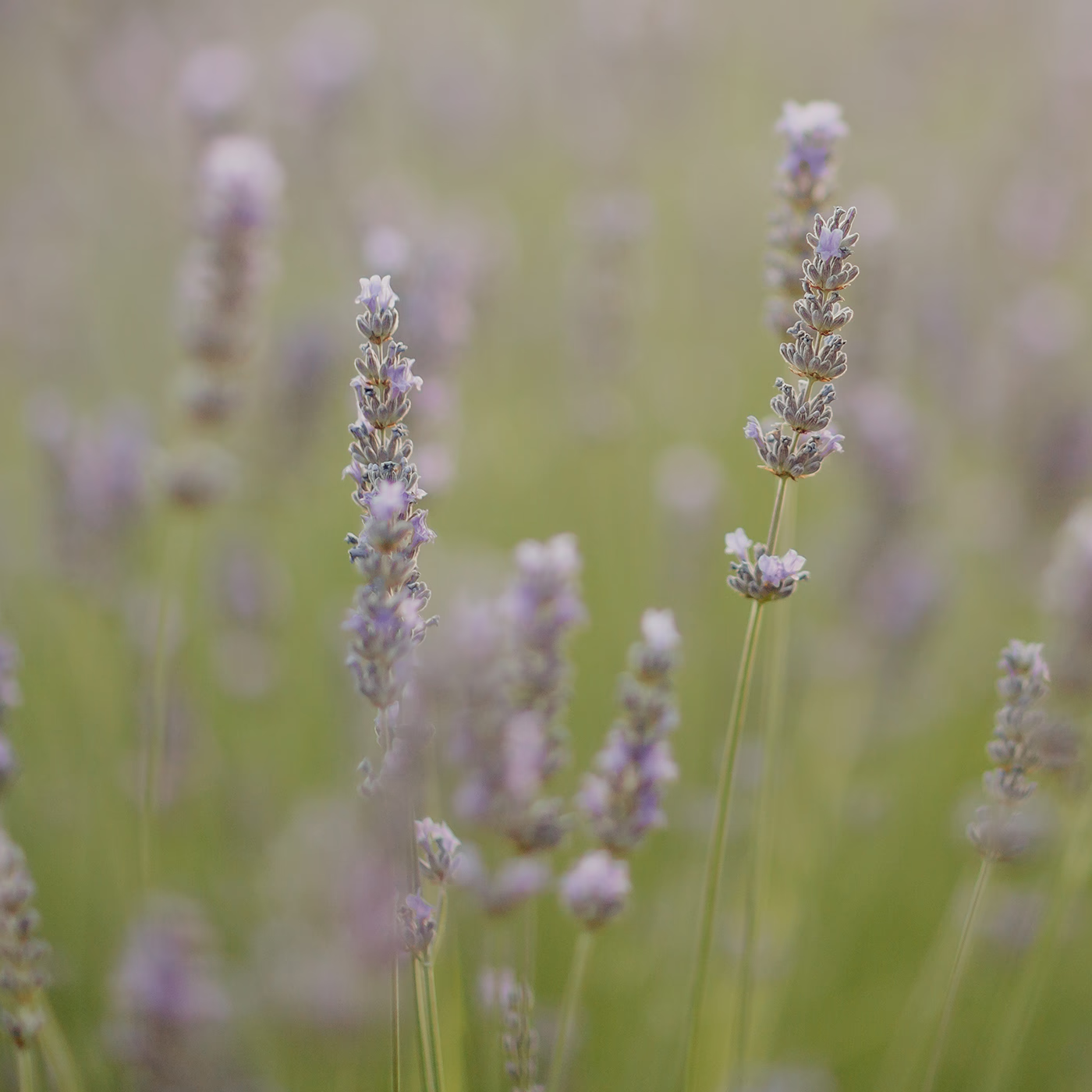
Dal benessere alla sopravvivenza
Le particelle volatili piacevolmente profumate emesse da questi composti botanici fragranti sono state sinonimo di benessere e wellness. Oggi i profumi esaltano l'odore dei nostri spazi vitali, dei nostri corpi e dei nostri abiti.
L'olfatto continua ad agire come un segnale essenziale nella nostra vita quotidiana moderna, fornendoci informazioni sull'ambiente circostante. Da un punto di vista biologico, l'olfatto rimane fondamentale per la sopravvivenza di molte specie, compresa la nostra.
Questa capacità di sentire gli odori deriva da cellule sensoriali specializzate, chiamate neuroni sensoriali olfattivi, che si trovano in una piccola area di tessuto all'interno del naso. Queste cellule sono collegate direttamente al cervello e ogni neurone olfattivo ha un recettore per gli odori.
A CRANBOURN®Crediamo che dobbiate coltivare questo meraviglioso senso olfattivo godendo di fragranze nella vostra vita quotidiana, migliorando la vostra Arte del Benessere™.




